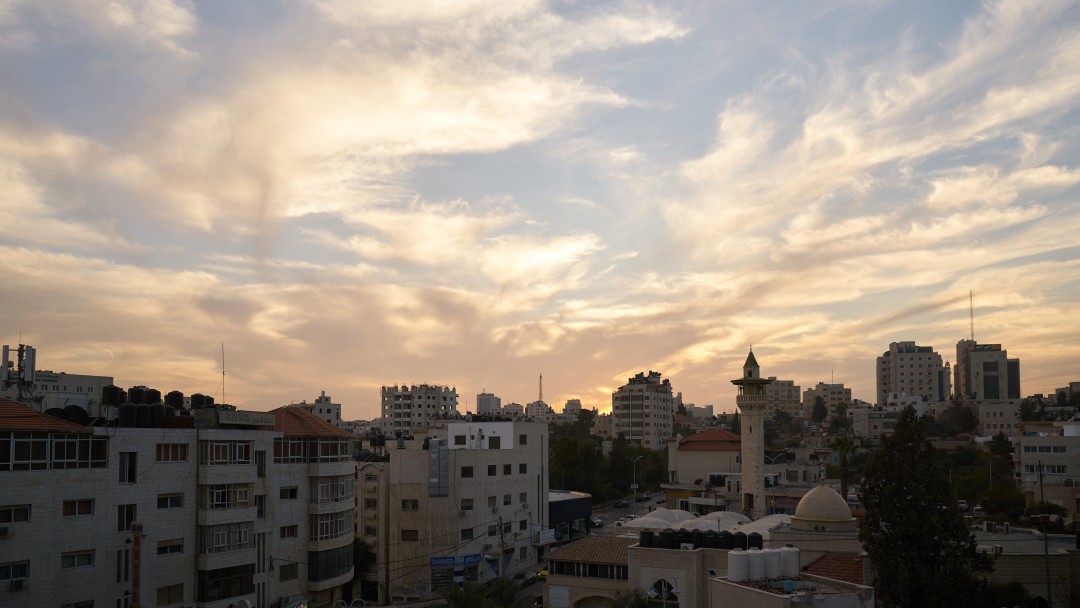News from 2021-09-29 / KfW Development Bank
Corona aid for small businesses in the Middle East and North Africa
KfW substantially increases funding for the SANAD Fund on behalf of the EU

The COVID 19 pandemic has also severely affected small businesses in the Middle East and North Africa. Both the European Union (EU) and the German government have allocated new funds to KfW as part of the Covid 19 emergency aid programmes to increase and expand the SANAD Fund for micro, small and medium-sized enterprises in the Middle East and North Africa. The aid is intended to ensure liquidity, maintain employment and thus contribute to improving living conditions. The contract for the EU funds was signed in September.
In the EU's southern neighbourhood regions, micro, small and medium-sized enterprises (MSMEs) secure almost three-quarters of all jobs and contribute 60 per cent of the gross domestic product. But as in many countries around the world, governments in the Middle East and North Africa imposed lockdowns, restricting public life during the pandemic. Shopping centres, markets and restaurants remained closed. This particularly affected MSMEs, which predominate in these sectors.
Response to the Arab Spring
The impact of the pandemic further complicates life in a region already marked by crises. The civil wars in Syria and Yemen triggered refugee flows, especially towards the host countries Jordan and Lebanon. The latter suffers from a permanent political crisis, which was exacerbated by the explosion in the port of Beirut. High unemployment, especially among young people, and rising inflation rates are worrying people in the region.
Back in 2011, as part of the response to the Arab Spring, the German government, together with the EU, established the SANAD Fund, named after the Arabic word for "support". It helps MSMEs in the region access credit and, to a lesser extent, provides equity capital. In addition, SANAD finances tailored advisory services for partner institutions and sector support measures.
BMZ and EU top up
As part of the Corona aid package, the German Federal Ministry for Economic Cooperation and Development (BMZ) already increased its participation in the SANAD Fund by EUR 51 million last year. The EU has also become active. It is providing KfW with an additional USD 30 million to finance the fund, as well as a further USD 5 million for advisory measures.
In addition to the EU and the BMZ, Swiss, Austrian and Dutch development finance organisations also participated in the fund, followed by private investors, thus increasing the volume. This brings the total amount committed to the fund so far to around USD 487 million. Since its inception, the Fund has granted more than 630 million US dollars in loans, enabling more than 247,000 loans to businesses and households in North Africa and the Middle East. The fund is currently working with 38 partner institutions in eight countries.
Unique: loans in local currencies
The SANAD Fund addresses the need for adequate refinancing of local financial institutions to provide services to MSMEs. It also promotes business start-ups. In addition, the SANAD Fund also offers loans in local currencies, which makes repayment independent of currency fluctuations and contributes to the expansion and stabilisation of financial systems.
The SANAD Fund has also recently started investing on a small scale in some Sub-Saharan African countries.

Share page
To share the content of this page with your network, click on one of the icons below.
Note on data protection: When you share content, your personal data is transferred to the selected network.
Data protection
Alternatively, you can also copy the short link: https://www.kfw-entwicklungsbank.de/s/enzBWrMC.CkJA
Copy link Link copied